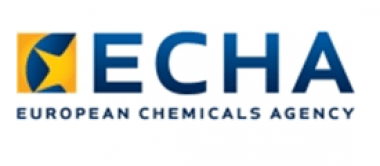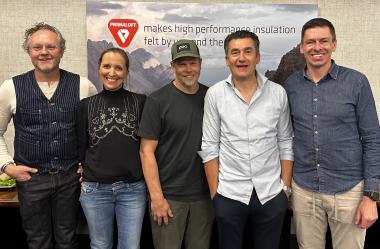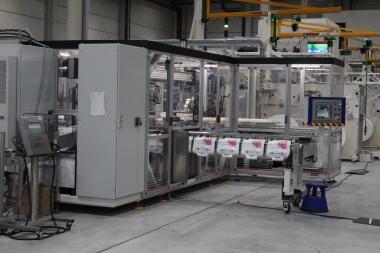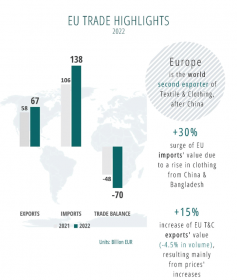IFCO to be held in Istanbul from 9-11 August 2023
From 9 to 11 August 2023, IFCO, Istanbul Fashion Connection will be held for the fourth time at the Istanbul Expo Center at 6 Halls. The fashion fair is organised by ITKIB Fairs, a subsidiary of Istanbul Apparel Exporter's Association, the umbrella organisation of the Turkish fashion and apparel industry.
IFCO has developed into a hub for fashion enthusiasts, designers, buyers and trendsetters and has established itself as an important international platform for the global fashion industry. IFCO brings together around 400 exhibitors from all product groups of the apparel and fashion industry under one roof in six clearly structured halls: womenswear, menswear, childrenswear, denim, sportswear, evening and occasion wear, bridal wear, lingerie, hosiery, leather and fur, shoes and accessories.
From high-end tailoring to streetwear and sustainable fashion, the fair will present a wide range of styles and trends. IFCO Brands present market leaders such as İpekyol, Climber, Damat, Kiğılı, B&G Store, Lufian, Jakamen, NaraMaxx, Giovane Gentile and Lee Cooper using IFCOto further expand their international network.
THE CORE ISTANBUL, successfully launched at IFCO in February, once again features a fascinating mix of established and emerging important Turkish designerswith their creative and innovative creations.
One focus of the fair will be the topic of sustainability. Companies will show their innovations. Ekoteks, the association's sustainability laboratory, supports the development of sustainable production and will also have a stand at IFCO to present the latest developments in this area.
The extensive supporting program with fashion shows and trend zones inspires visitors with the latest fashion trends and styles, while the seminars and workshops address current topics in the fashion industry such as digital transformation, smart clothing, technical textiles and sustainability.
30,000 visitors from more than 100 countries are expected at the upcoming IFCO, mainly from the EU, UK, Eastern Europe, CIS, North Africa, Middle East and the USA. The show also offers networking events, such as B2B Speed Dating, which brings together fashion designers, brands, manufacturers, buyers and industry experts to exchange ideas and forge potential business relationships. This is an important aspect of the fair that has helped to position Istanbul Fashion Connection as a key meeting place for the fashion industry.
IFCO by ITKIB Fairs / JANDALI































